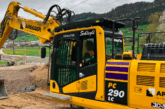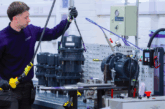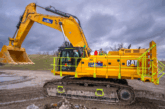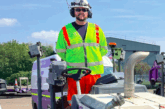 Andy Morris, managing director of Hayfield, calls on industry to keep pace with low carbon technology.
Andy Morris, managing director of Hayfield, calls on industry to keep pace with low carbon technology.
As a business, we are committed to ambitious targets to lessen our impact on the environment, but efforts to install eco technology in all of our new homes are being hampered by a lack of resources and skills shortages; and we need supply chain partners to do more to keep pace with low carbon technology.
When gas boilers were first rolled out, they were highly complicated pieces of technology; but as industry demand grew, manufacturers simplified their installation and maintenance. We now need the same resolve and vigour behind Air Source Heat Pumps.
Moving towards a net zero carbon future, the housing industry and supply chain partners must step up again and ensure that the manufacturing, installation, and maintenance of low carbon technology keeps pace with growing demand.

Only then can we ensure that supply chain and associated resources are readily available to make widespread utilisation a reality.
COP27, billed as ‘a defining moment in the fight against climate change’ where the world is being asked to move from ‘negotiation to implementation’ makes it clear that the time for action is now. And we support the government’s ambition to transition the UK to net zero carbon by 2050 and tackling climate change and creating sustainable communities remains at the core of what we do.
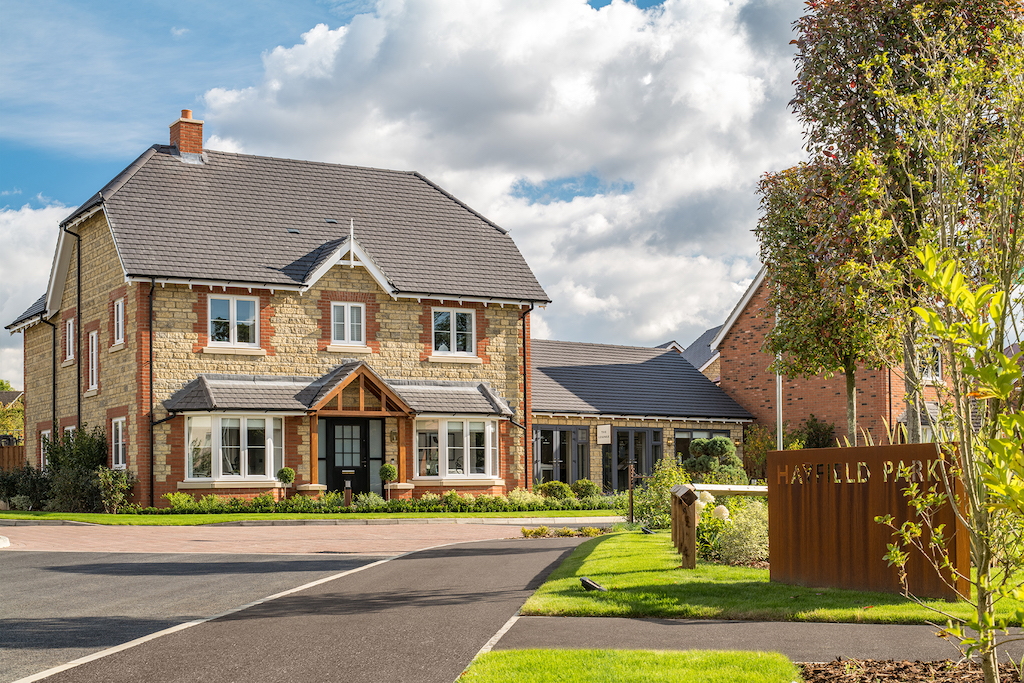
With a considered and scientific approach, our Eco Focus specification betters current legislation and has been delivering Zero Carbon Ready Homes to the marketplace since 2021.
Our homes are powered and heated by electricity only – we do not use fossil fuels. This, combined with other low carbon technologies we install as standard, and the high thermal efficiency of our homes, means our private homes have the potential to not add any carbon dioxide to the atmosphere during their use by a homeowner.
Heat pumps were identified as a key part of Boris Johnson’s 2020 ten-point plan, and he announced a target of 600,000 installations per year by 2028. But it is widely recognised that there is a significant shortfall in the number of trained heat pump engineers needed to deliver those targets.

But we need the industry to move with us. We cannot do this on our own. The skills shortage needs to be addressed and scaled up across the key trinity of manufacturer, installation and maintenance, and we need housing and sustainability to be put at the top of the political agenda now.
Hopefully the legacy of COP27 – promoting ‘Together for Implementation’ – will motivate the UK to drive forward faster its Net Zero ambitions. A unified commitment to ensuring that our homes – and our businesses – are futureproofed is the only way to effectively tackle climate change.


